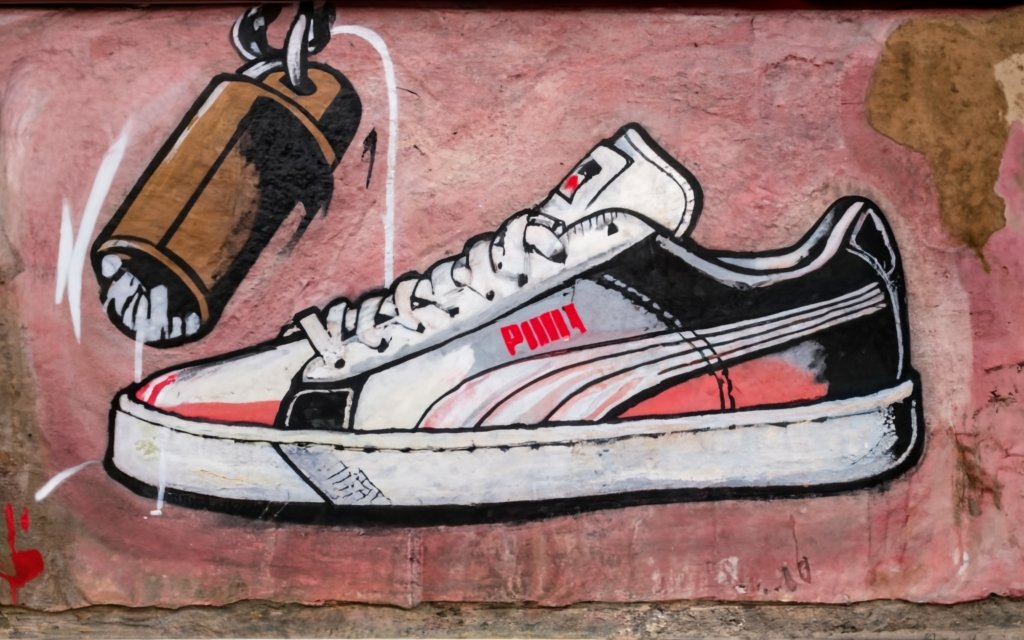
In a recent legal landmark, an Agra–based company has been directed to pay Puma a hefty sum of Rs 10 lakh in damages for dealing in counterfeit merchandise. This case not only highlights the grave consequences of counterfeiting but also underscores the urgent need for heightened awareness to protect consumers and uphold the integrity of renowned brands.
The Duplicity Dilemma:
Counterfeit products, often cleverly disguised as genuine articles, pose a considerable threat to both consumers and brands. The Agra company’s involvement in the production and distribution of fake Puma merchandise is a stark reminder of the deceptive practices that permeate the market, preying on unsuspecting customers who believe they are purchasing authentic goods.
Economic Implication :
Beyond the immediate financial loss suffered by Puma, the broader economic implications of counterfeiting cannot be overlooked. The illicit trade not only diverts revenue away from legitimate businesses but also undermines fair competition, hindering economic growth and innovation. The Rs 10 lakh in damages, while a crucial legal victory, serves as a marker of the economic toll counterfeit activities take on the industry.
Brand Erosion and Consumer Trust:
For Puma, a global giant synonymous with authenticity and quality, the incident is more than a financial loss. It is a blow to the brand’s integrity and an erosion of the trust that consumers place in its products. Counterfeiting compromises the reputation painstakingly built by brands over the years, resulting in potential long-term damage that transcends monetary losses.
Consumer trust eroded:
The unwitting consumers who unknowingly purchased counterfeit Puma products from the Agra company face not only financial losses but also a breach of trust. Counterfeiting disrupts the sacred bond between consumers and their favored brands, highlighting the urgent need for consumer education on distinguishing authentic goods from counterfeits.
A Call for Vigilance:
This legal ruling stands as a call to action for both businesses and consumers. Businesses must remain vigilant in safeguarding their intellectual property, while consumers need to be empowered with knowledge to identify red flags that may indicate counterfeit products. Understanding the value of purchasing from authorized retailers and recognizing the hallmarks of authenticity can go a long way in protecting consumers from falling victim to counterfeit schemes.
Ensuring the authenticity of Puma merchandise is crucial for both consumers and the brand itself. Here are some safety measures that can help customers distinguish between genuine Puma products and counterfeit ones:
Purchase from authorized retailers, scrutinize packing, Examine product quality, and verify holographic Labels and Tags. Check the price, review the logo, seek authorized labels and stamps, verify product details, and use official apps and websites.
As the Agra company grapples with the legal repercussions of its involvement in counterfeit activities, the case resonates as a call to action against the issue of counterfeiting. It underscores the need for collaborative efforts between businesses, consumers, and legal authorities to curb this illicit trade. The impact of counterfeiting extends far beyond the monetary realm, affecting brand integrity, consumer trust, and the overall economic fabric. Through awareness, education, and stringent legal measures, we can collectively unravel the shadows cast by counterfeit activities, fostering an environment where authenticity prevails and trust is restored.

